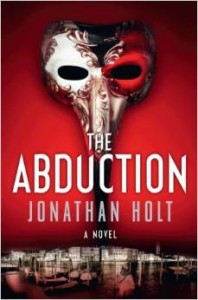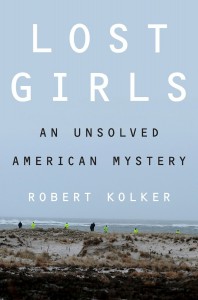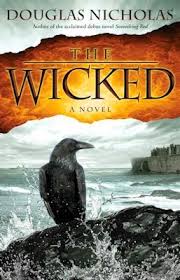

The Emperor decrees that ye shall bring thy pets in out of the cold
I have been declared Emperor of the World. Let us not waste time explaining why or how; let’s all simply accept the fact that we are better off, as a result; hence, my next decree:
Emperor’s Decree No. K-9: It has come to the Emperor’s attention that some of his more worthless subjects are leaving their pets out in the cold during the most bitter of winter nights. Previously, the Emperor thought this only happened at the homes of crack addicts and of those who were helpless and who were abandoned, themselves. But he has been informed that this happens on a larger scale than he thought; that regular, able-bodied folk are either absent-mindedly or intentionally leaving their animal pals out in the frigid winds. It will stop, today. Ye will bring your pets in out of the cold.
The Punishment: Those who do not comply will be placed on the Imperial Space Shuttles (we have lots and lots of them and money is no object). These shuttles will be auto-piloted at the sun. At the end of the trip, the offenders will more than receive the warmth they denied their helpless, dependent little fur-friends. Normally, the Emperor doesn’t defend his actions, but he would like to point out a peripheral benefit of this: We will be relieving the world’s population of a large number of people with shriveled souls. Anyone who could be so cruel to such innocent, loving creatures is no more than a pimple on the face of the Earth. The loss of such scum will be felt, surely; it will be felt not unlike the satisfaction after defecation.
Now, go forth and obey.
(The Emperor sends a hat-tip to Sara Wuillermin, who is, henceforth, promoted to the rank of “Imperial Spy, Class A.”)
The Emperor will grace the world with a new decree each Tuesday morning.
Tweet
















